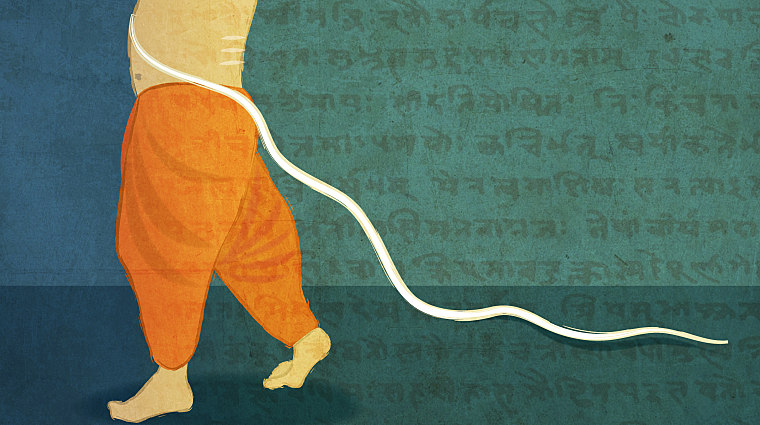
For Centuries Brahmins Have Denied the Servile Classes the Right to Education – Dr. Ambedkar
Starting with the Brahmins who form a strong and powerful element in the governing class in India it is no exaggeration to say that they have been the most inveterate enemies of the servile classes, the Shudras (the old name for the non-Brahmins) and the Untouchables who together constitute about 80 or 90 percent of the total Hindu population of India.
If the common man belonging to the servile clauses in India is today so fallen, so degraded, so devoid of self-respect, hope or ambition, and so lifeless, it is entirely due to the Brahmins and their philosophy.
The cardinal principles of this philosophy of the Brahmins were six—to use a correct expression, techniques of suppression—
(1) graded inequality between the different classes;
(2) complete disarmament of the Shudras And the Untouchables;
(3) complete ban on the education of the Shudras and the Untouchables;
(4) total exclusion of the Shudras and the Untouchables from places of power and authority;
(5) complete prohibition against the Shudras and the Untouchables acquiring property, and
(6) complete subjugation and suppression of women.
Inequality is the official doctrine of Brahmanism and the suppression of the lower classes aspiring to equality has been looked upon by them and carried out by them, without remorse as their bounded duty. There are countries where education did not spread beyond a few. But India is the only country where the intellectual class, namely, the Brahmins not only made education their monopoly but declared the acquisition of education by the lower classes, a crime punishable by cutting off of the tongue or by the pouring of molten lead in the ear of the offender. The result is that for centuries the Brahmins have denied the servile classes the right to education. Even today the Brahmins exhibit the same hostility to their education. Mr. Baines, the Census Commissioner for 1891 in discussing the causes why education was not spreading among the masses said –
” The second influence antagonistic to a more general spread of literacy is the long continued existence of a hereditary class whose object it has been to maintain their own monopoly of all book-learning as the chief buttress of their social supremacy, Sacerdotalism knows that it can reign over none but an ignorant populace. The opposition of the Brahmin to the rise of the writer castes has been already mentioned, and the repugnance of both, in the present day, to the diffusion of learning amongst the masses can only be appreciated after long experience. It is true that the recognition by the British Government of the virtue and necessity of primary education has met with some response on the part of the literate castes, but it is chiefly in the direction of academic utterances, which cannot, in the circumstances, be well avoided. It is welcome too, in its capacity of affording the means of livelihood to many of these castes, as they have to be engaged as teachers, and are bound accordingly to work up to the State standard of efficient tuition. The real interest of the castes in question is centered on secondary education, of which they almost exclusively are in a position to reap the advantage.”
Source – ‘What Congress and Gandhi have done to the Untouchables’ by Dr. Babasaheb Ambedkar
Read also –
Why Have the Brahmins Not Produced a Voltaire? – Answered by Babasaheb Ambedkar
What Babasaheb Ambedkar Said on Hindu Social Reformers Including Gandhi
Dr Ambedkar’s Election Speech at Jalandhar (Punjab) That You Haven’t Read
Dr. Ambedkar’s Speech at G.I.P. Railway Depressed Class Workmen’s Conference, Nashik


+ There are no comments
Add yours